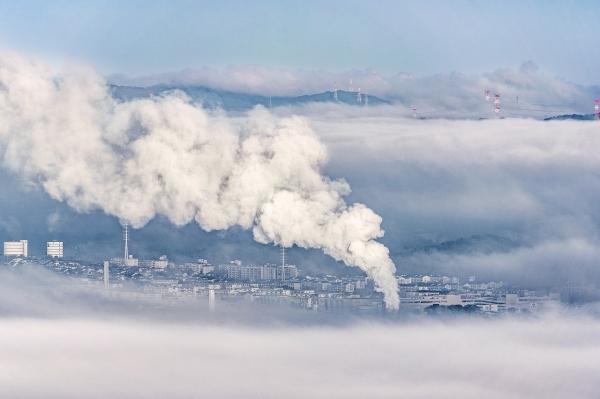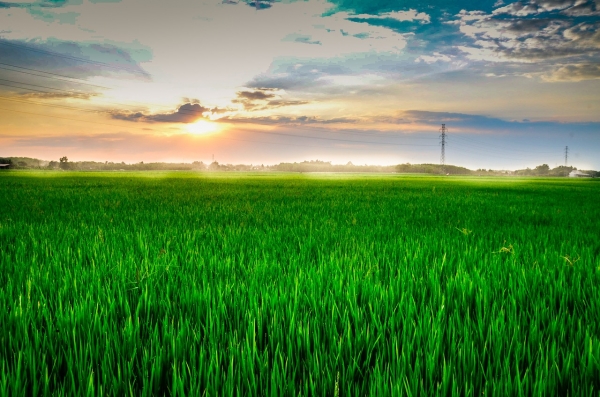Black carbon is the most dangerous air pollutant you’ve never heard of.
articles
A Climate-Friendly Way to Capture Carbon Dioxide in the Air
In a new study, researchers have developed a method for capturing carbon dioxide from the atmosphere, powered by clean and relatively inexpensive geothermal energy.
Weedy Rice Gets Competitive Boost From Its Wild Neighbors
Rice feeds the world. But a look-alike weed has many ways of getting ahead.
Converting Rainforest to Plantation Impacts Food Webs and Biodiversity
Every day, new areas of rainforests are converted into plantations, drastically changing tropical biodiversity and the way the ecosystem functions.
Cloud Model Could Help With Climate Research
When clouds meet clear skies, cloud droplets evaporate as they mix with dry air.
Why Are Fish Getting Smaller as Waters Warm? Not Because of Their Gills, Finds Study Led by UMass Amherst
Biologists find no link between fish size and gill surface area—study suggests that models underlying some projections of future fisheries yields need to be reconsidered.










